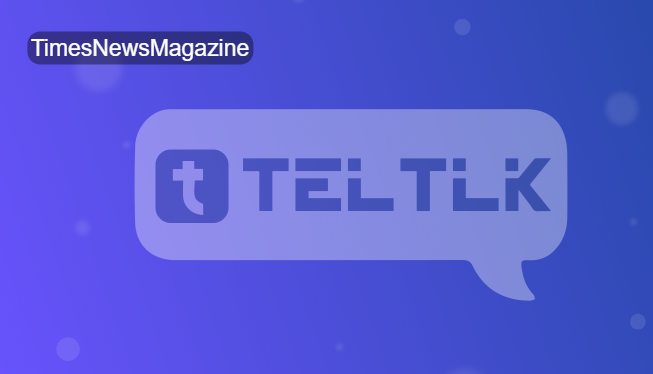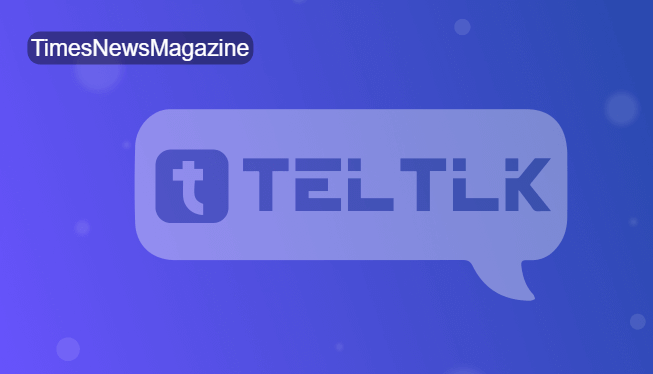Totally Science GitLab a dynamic and visionary platform that redefines collaboration and efficiency at the intersection of science and software development. In an era where scientific advancements and technological breakthroughs go hand in hand, the need for a platform that caters to the unique demands of both disciplines has become increasingly apparent.
In the realm of modern technology and software development, innovation continues to drive progress at an astonishing pace. One of the most remarkable developments in recent years has been the emergence of platforms that seamlessly blend the worlds of science and software engineering. One such groundbreaking platform that stands at the forefront of this convergence is Totally Science GitLab.
Bridging the Gap: Science and Software
Historically, the worlds of scientific research and software engineering have operated within distinct silos. Scientific research involves meticulous experimentation, data analysis, and hypothesis testing, while software engineering focuses on creating efficient, reliable, and scalable digital solutions. The disparate nature of these disciplines has often led to challenges when trying to marry the two—resulting in lost opportunities for synergy.
Totally Science GitLab recognizes and addresses this gap by providing a comprehensive platform that caters to the unique needs of both scientific researchers and software developers. By integrating the collaborative and version control features of GitLab with specialized tools tailored to scientific workflows, the platform offers a unified environment where researchers and developers can seamlessly work together.
Features Redefined: What Makes Totally Science GitLab Stand Out
- Version Control for Research: GitLab’s powerful version control capabilities are extended to scientific projects, enabling researchers to track changes, collaborate on experimental setups, and manage complex data transformations with ease. This ensures a transparent and auditable record of research processes, fostering accountability and reproducibility.
- Collaborative Experimentation: Totally Science GitLab goes beyond traditional collaboration tools. It allows scientists to design and conduct experiments collaboratively, sharing protocols, methodologies, and observations in real time. This not only accelerates research but also facilitates peer review and knowledge sharing.
- Integrated Data Pipelines: For scientific research heavily reliant on data analysis, the platform offers integrated data pipelines. These pipelines streamline the process of collecting, processing, and analyzing data, eliminating the need for cumbersome manual interventions and reducing the risk of errors.
- Custom Workflows: Recognizing that every scientific endeavor is unique, Totally Science GitLab allows users to create custom workflows tailored to their specific requirements. Whether it’s genomics, computational chemistry, or climate modeling, researchers can define their workflows and integrate them seamlessly into the platform.
- Secure Collaboration: Security is paramount, especially when dealing with sensitive research data. Totally Science GitLab ensures data privacy and security through robust access controls, encryption, and compliance with industry standards.
As we venture further into a future where scientific progress and technological innovation are increasingly intertwined, platforms like Totally Science GitLab pave the way for interdisciplinary collaboration. By bridging the gap between scientific research and software development, this revolutionary platform not only accelerates discovery but also empowers researchers and developers to push the boundaries of what’s possible.
Components of Totally Science GitLab
Totally Science GitLab’s ability to seamlessly integrate the methodologies of scientific research with the tools of software development lies in its innovative components. Each element has been carefully designed to address the unique challenges faced by researchers and developers, ultimately fostering a collaborative and efficient environment.
- Experiment Design and Documentation: Scientific experiments often require meticulous planning and documentation. Totally Science GitLab provides researchers with templates and tools to create experiment designs, methodologies, and protocols. Collaborators can contribute, offer feedback, and refine experimental plans in real time, creating a transparent and collaborative research process.
- Data Management and Versioning: Managing research data can be complex, especially as datasets grow in size and complexity. With the data management and versioning capabilities of GitLab, researchers can effortlessly track changes made to datasets, enabling them to pinpoint specific modifications and revert to previous versions if necessary.
- Analytical Workflows: In scientific research, data analysis is a cornerstone. Totally Science GitLab offers a range of tools to build, deploy, and automate analytical workflows. Whether it involves statistical analysis, machine learning, or simulations, researchers can create reproducible and customizable workflows that integrate seamlessly with their data pipelines.
- Reproducibility and Replicability: The ability to reproduce and replicate research findings is a fundamental principle of science. Totally Science GitLab promotes reproducibility by providing a controlled environment in which researchers can share code, data, and computational environments. This reduces the barriers to replicating research and enhances the credibility of scientific results.
- Continuous Integration and Deployment (CI/CD): In the software development realm, CI/CD practices streamline the process of building, testing, and deploying code changes. Totally Science GitLab extends these practices to scientific research by allowing researchers to automate the execution of experiments, analyses, and simulations. This ensures consistent and reliable results across different stages of research.
- Collaborative Peer Review: Peer review is an integral part of the scientific process, ensuring the quality and validity of research findings. With collaborative peer review tools, researchers can easily invite colleagues to review their work, offer comments, and suggest improvements. This iterative process enhances the rigor of research and encourages constructive feedback.
Empowering the Scientific and Software Communities
Totally Science GitLab’s significance extends beyond its technical capabilities. By fostering collaboration between the scientific and software communities, the platform creates a space where novel solutions to complex problems can emerge. Researchers can leverage the expertise of software developers to optimize their workflows, while developers gain insights into the unique challenges faced by scientists, enabling them to create more tailored solutions.
In an age where interdisciplinary collaboration is becoming increasingly essential, Totally Science GitLab serves as a shining example of how technology can bridge the gap between traditionally separate domains. As the platform continues to evolve and adapt to the ever-changing landscape of science and technology, it promises to revolutionize the way research is conducted, accelerating discoveries and driving innovation in ways previously unimagined.
Conclusion
Totally Science GitLab represents a bold step towards a future where the boundaries between scientific research and software development are blurred. By providing a holistic platform that seamlessly integrates version control, collaboration, data management, and analytical tools, this innovation empowers both researchers and developers to work together in creating a synergy that propels progress.










































